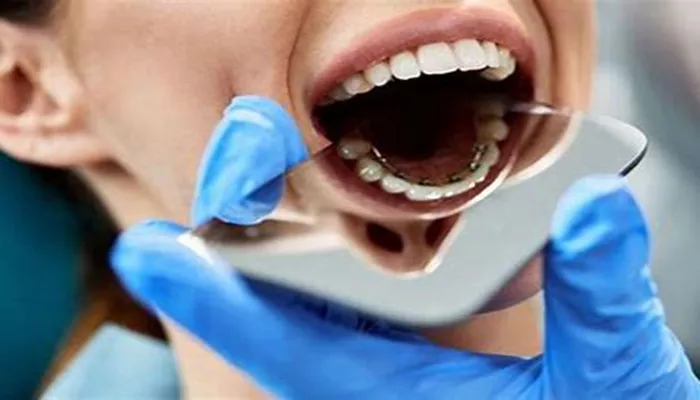CHICAGO, July 31, 2024 /PRNewswire/ — A growing number of U.S. adults now believe dental insurance is crucial for their overall health, according to the 2024 State of America’s Oral Health and Wellness Report by Delta Dental.
This report, which examines consumer opinions and behaviors about oral health nationwide, shows that 86% of adults view dental insurance as essential for protecting their oral and overall health, an increase from 82% last year.
James W. Hutchison, President & CEO of Delta Dental Plans Association, commented, “It is encouraging to see the increasing prioritization of oral health across the country, which is underscored by the fact that a vast majority of U.S. adults recognize that dental insurance is an important part of their oral and overall health. Dental benefits are essential to providing access to oral health care, which supports positive overall health outcomes for adults and children alike.”
Key Findings from the 2024 Report:
Financial and Emotional Assurance
Nearly 88% of adults feel less worried about dental emergencies thanks to dental insurance.
85% believe dental insurance helps save money in the long run.
84% think it is worth the cost.
80% appreciate the pre-negotiated discounts with their dentist.
Preventive Care Importance
83% of adults with dental benefits visited the dentist for preventive care in 2023, compared to 58% of those without coverage.
Interest in Teledentistry
Nearly 9% of adults want teledentistry services included in their dental insurance plan.
Gen Z (15%) and Millennials (12%) show more interest in this benefit compared to Boomers (5%).
For the full report and details on the methodology and findings, click here.
About The Research
Delta Dental Plans Association hired a third-party firm, Material Holdings, LLC, to conduct the research. The study was carried out between January 3 and January 17, 2024, through email invitations and online surveys of:
1,000 nationally representative U.S. adults aged 18+
1,000 parents of children aged 12 and under.
Geographic quotas ensured a reliable representation of the U.S. population. The research has a margin of error of +/- 3%.

